two-factor
Latest
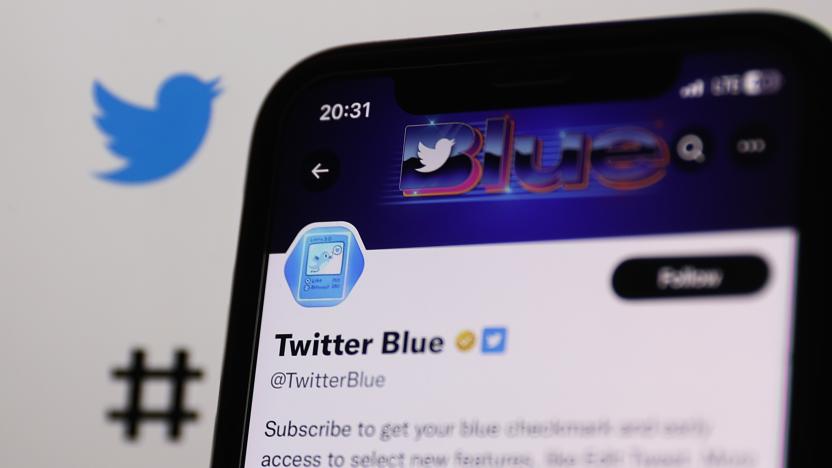
Twitter is making text-based two-factor authentication a paid feature
Twitter has made text-based 2FA an exclusive feature for members paying for its Blue subscription service.
Mariella Moon02.18.2023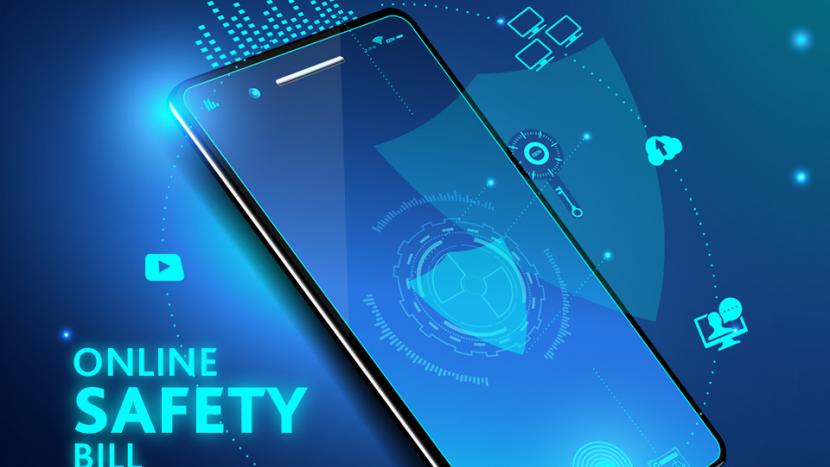
Facebook, Google and other tech firms must verify identities under proposed UK law
The UK government is introducing a bill that will require Facebook, Google and other tech platforms to verify the identities of users.
Steve Dent02.25.2022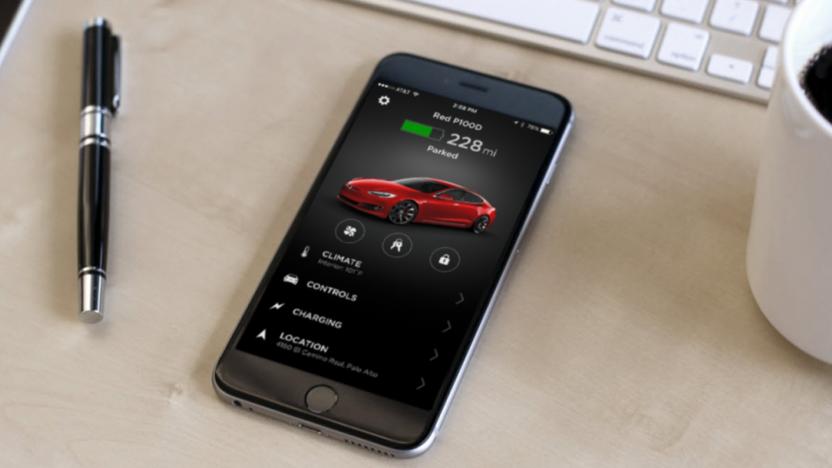
Tesla is finally bringing two-factor authentication to its car app
Last year, Tesla chief Elon Musk announced that the automaker will introduce two-factor verification for its app. The company has yet to make it available, but Musk has revealed it’s finally close to happening. In response to a tweet asking about the feature’s status, Musk said Tesla’s “embarrassingly late” two factor authentication is going through final validation right now.
Mariella Moon08.15.2020
Reddit adds two-factor authentication for everyone
Reddit has officially launched two-factor authentication after beta testers and moderators took the feature for a spin. Sure, this is Reddit we're talking about -- you've probably never used your real name or credit card (unless you bought Reddit gold with your card) and never mentioned your bank and SS info on the site. But if you've posted anything controversial or simply just want to protect yourself from potential doxxers and stalkers, you can switch on the feature by going to the password/email tab under Preferences on Reddit's desktop version.
Mariella Moon01.25.2018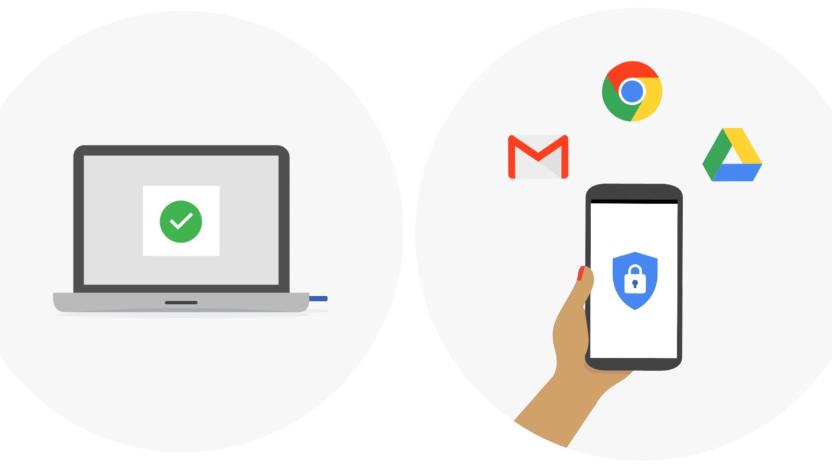
Google’s physical authentication keys are effective but limited
Two-step authentication has been the standard for securing access to online accounts for most tech companies. Google rolled it out users in 2011 and has been steadily making improvements to the system to make it easier for us all to use it. Now, the rumored physical keys that are supposed to replace Google's two-factor verification for highly vulnerable targets are apparently here. The New York Times tested the tech company's Advanced Protection Program, which requires two physical keys to log in to a Google account. The site found that while the new program is effective, it does not yet support third-party apps that access Google information.
Rob LeFebvre10.26.2017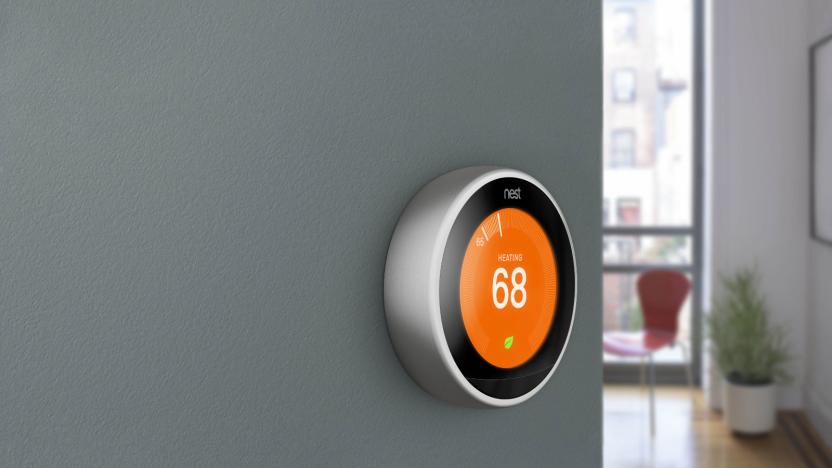
Nest adds two-factor authentication to protect your data
Nest has finally launched two-factor authentication to prevent hackers from accessing your camera feeds or any other personal info. You can activate the feature under Account Security in the Nest app. If you do, you'll start getting a verification code through text every time you log into your account. Just take note that you'll get booted out and will need to sign in again right after you switch the feature on.
Mariella Moon03.07.2017
Twitch rolls out two-factor to reduce profile hijinks
Twitch announced today that it is implementing optional two-factor authentication on its user profiles. The increased security measures, while "100 percent voluntary" according to the streaming site's release, are meant to improve user experiences while reducing the need for conventional, easily hackable passwords.
Andrew Tarantola11.09.2015
Two-factor system uses ambient sounds to verify your login
Two-factor can keep your Gmail, iCloud and other accounts from getting hacked, but it's unfortunately rather tedious to use. That's why a team of researchers from the Swiss Federal Institute of Technology in Zurich, Switzerland has developed a tool called "Sound-Proof" to make the process less painful. Any app or program with Sound-Proof integrated can authenticate your logins by listening to ambient sounds. That's it -- you don't need to pick up your phone, generate a passcode or wait for a text with one, so long as you've already installed the tool's mobile app.
Mariella Moon08.16.2015
Steam is testing two-factor authentication through its mobile app
Valve currently offers two-factor authentication on desktop via "Steam Guard," which sends a unique code via email. Now it's offering players the option of receiving that code through the Steam app instead. The feature is called "Steam Guard Mobile Authenticator" and it's live now for a selection of Android beta testers. If you want in, you'll need to join this Steam group and hope Valve takes a fancy to your username. Once selected, you should see the new "Get Steam Guard codes from my phone" option inside the app. Otherwise, you'll just have to hang tight -- Valve can be a tad slow to update its mobile apps, but eventually this security feature should be available to everyone.
Nick Summers04.16.2015
Twitter adds two-factor login verification via SMS (video)
Twitter just boosted its security with a new two-factor login method. The new option, which was announced in the form of a YouTube video, oddly enough, allows users to require a verification code each time they log in. Once this is enabled, Twitter will send a code to your phone each time you log in from the website or third-party apps. You'll need to type in that temporary code to access your account. It's a process many of us are already familiar with -- online banking, corporate intranet sites and services like Evernote offer similar two-factor authentication options to their users. It's not clear when the new feature will roll out (it hasn't hit our account just yet), but once it's available, setup appears to be straightforward. You can see how it works in the video just past the break.
Zach Honig05.22.2013
Guild Wars 2: Now with two-factor authentication
Security has kind of been a hot topic in Guild Wars 2. ArenaNet announced a couple weeks ago that they were working on bringing two-factor authentication into play, and that joyous day has arrived! A new post on the official forums introduces players to mobile two-factor security. ArenaNet is using Google's authenticator, which is available on iOS, Android, and Windows Phone, and players will use this authenticator to verify devices rather than the previous email authentication system. The team is advising people that this is currently a beta feature, and already has two changes planned for the near future. Soon, unlinking the mobile authentication system will require additional codes, and users will have an option to remember current networks rather than having to authenticate every login. Visit the official post for complete details for setting up the authentication system.
Elisabeth 10.10.2012
ArenaNet talks security in Guild Wars 2
Account security has been a hot topic in the world of Guild Wars 2 between the hubbub about the email verification system and the woes of hacked accounts. It's been such a hot topic that ArenaNet President Mike O'Brien wrote up a big ol' post about it. O'Brien began by reiterating one of the golden rules of account security: Use a strong and unique password for any account that you don't wish to have compromised. He pointed out that simply having a strong password does you almost no good if you've got the same password with the same email used for an account elsewhere -- if one such account is compromised, they all are. The same rule of having a unique password applies to the email account you use for authenticating your GW2 login attempts: the email authentication system can only protect you if your email is secure. Fans of two-factor authentication will be pleased to hear that Guild Wars 2 will have a two-step authentication system soon. "We had our own homegrown implementation of smartphone two-factor authenticator in testing, but we're going to pull it back and instead integrate Guild Wars 2 with Google Authenticator, which already has robust authenticator implementations on most major smartphone platforms. We expect to roll this out in the next two weeks." But that's not all! ArenaNet is also building a password blacklist (which is 20 million passwords long and growing) that blocks all passwords for which hackers are already scanning. According to O'Brien, "the rate of account hacking was about 1.5% for accounts created before this blacklist was in place, and is about 0.1% for accounts created after." This announcement comes with the request that existing customers change their password so that the blacklist protects them as well. Read O'Brien's full post on the GW2 news page.
Elisabeth 09.20.2012